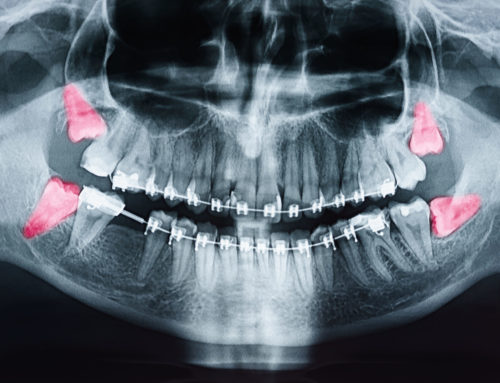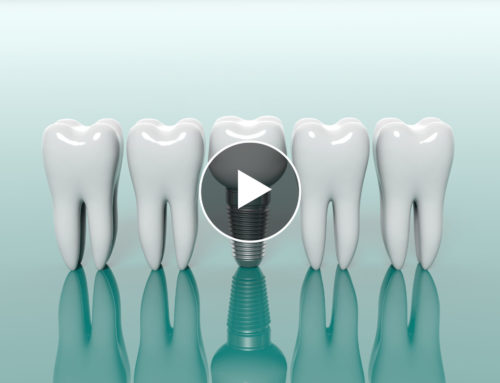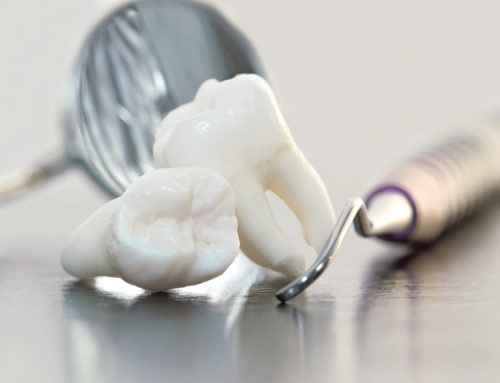 Chewing sugar-free gum is a great way to keep our mouths clean and free of bacteria, and for some people, it also serves as a method for relieving stress and anxiety. However, if you are constantly chewing gum, you might start to experience jaw pain. While this condition is rare, you could even develop TMD, or temporomandibular joint dysfunction.
Chewing sugar-free gum is a great way to keep our mouths clean and free of bacteria, and for some people, it also serves as a method for relieving stress and anxiety. However, if you are constantly chewing gum, you might start to experience jaw pain. While this condition is rare, you could even develop TMD, or temporomandibular joint dysfunction.
What is TMD?
TMD is a problem that arises as a result of physical stress or misalignment of the joint found on either side of your head. If problems arise with this joint, pain and other issues can develop with your face, neck, and jaw. Common signs of TMD include pain when chewing, clicking or popping sounds when you open your mouth, chronic earaches and headaches, and limited ability to open up your mouth.
How Does Gum Chewing Affect TMD?
In some cases, chronic gum chewing can result in the development of TMD. However, it is more likely that this condition will make symptoms worse when you already have the condition. If you have TMD, there are a variety of therapies that you can use to try and relieve the discomfort, including muscle relaxers, eating soft foods, and pursuing physical therapy, and if you are practicing these methods regularly, chances are good that chewing gum won’t bother you.
If you do notice that your excessive gum chewing is causing you jaw pain – and your go-to methods for relieving your discomfort aren’t working – you might want to consider limiting the amount of gum that you chew. You can brush your teeth instead if you chew in order to keep your mouth clean, or if you chew gum for stress relief, consider alternative activities that can calm you down without straining your jaw muscles. Most of all, if you are experiencing chronic pain with the TMJ, be sure to contact our office right away.





